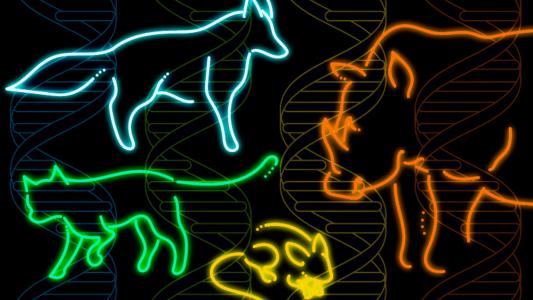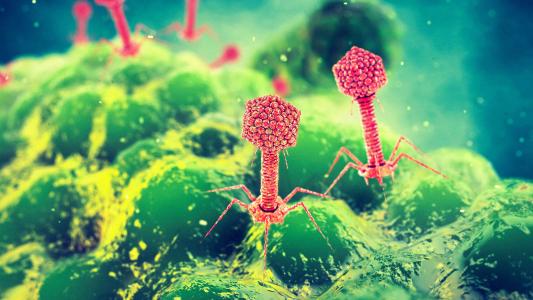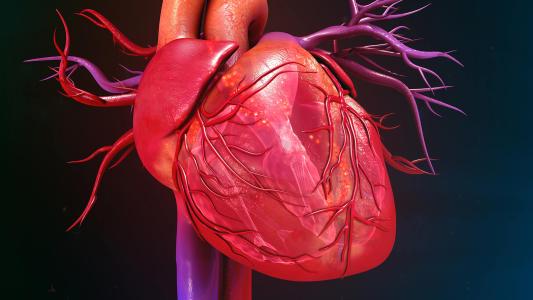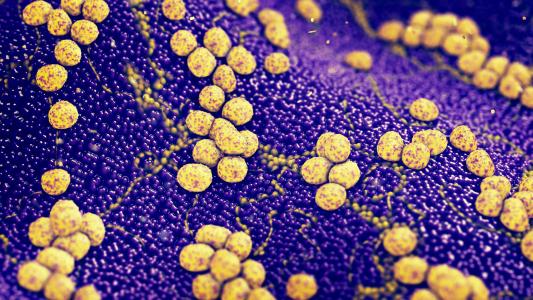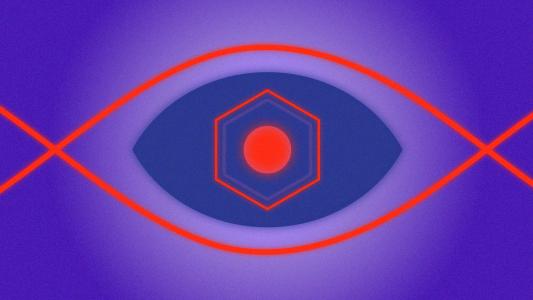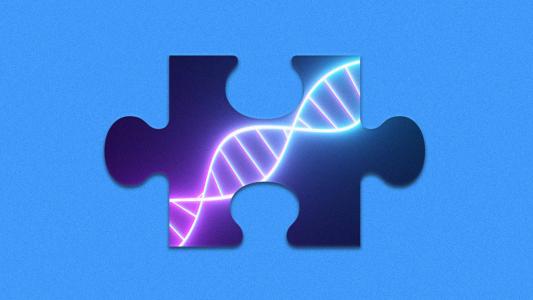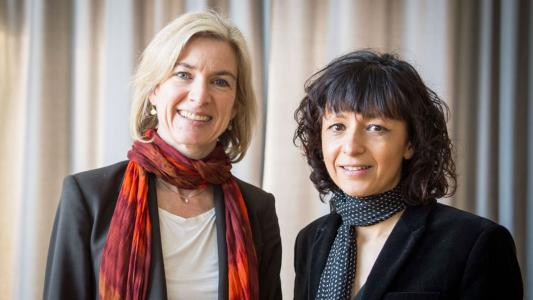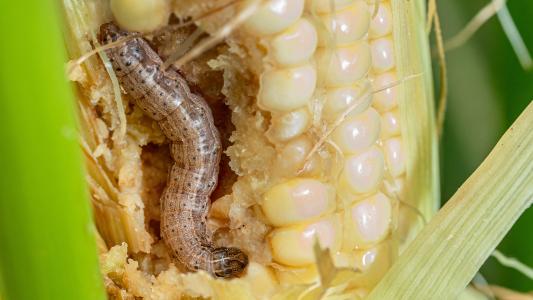Genetics
Gene therapy restores youthful eye cells — and vision — to older mice
A team of researchers have achieved sight restoration in older mice and those modeling glaucoma, in what could be an important step in understanding aging.
CRISPR used to edit HIV cure into monkey embryos
A mutation of the CCR5 gene can cure HIV — and thanks to CRISPR, scientists may soon be able to study it in animal models.
This databank of mammalian genomes is the Noah’s Ark of DNA
The Zoonomia Project is the largest database of mammalian genomes to date, and it’s already helping researchers study SARS-CoV-2 and extinction risk.
Bacteria’s self-destruct mechanism may unlock next-level genome editing
A mystery for 30 years, retrons are showing potential as genome-editing tools. Now, we know what they actually do.
The most detailed map of the human heart
A new map of the human heart details the function and location of 500,000 cells, providing a valuable tool for researchers studying cardiovascular disease.
New “universal” diagnostic test can ID any infection
UC San Francisco scientists have developed a new diagnostic test that uses DNA sequencing to quickly identify any pathogens in any type of patient sample.
Gene therapy shows promise as a glaucoma treatment
A new gene therapy was able to repair a damaged optic nerve in mice, suggesting it might be useful for treating glaucoma in people.
This parent is helping push autism gene therapy forward
Not too long ago, autism gene therapy was a pipe dream. Now, armed with specific targets and new methods, a small wave of gene therapies is gathering.
CRISPR scientists win Nobel Prize in chemistry
For the first time, the Nobel Prize in chemistry has gone to two women: CRISPR scientists Emmanuelle Charpentier and Jennifer A. Doudna.
Can genetic engineering stop the fall armyworm invasion?
The fall armyworm is devastating African agriculture, eating millions of pounds of crops. Can a genetically modified version control their advance?


